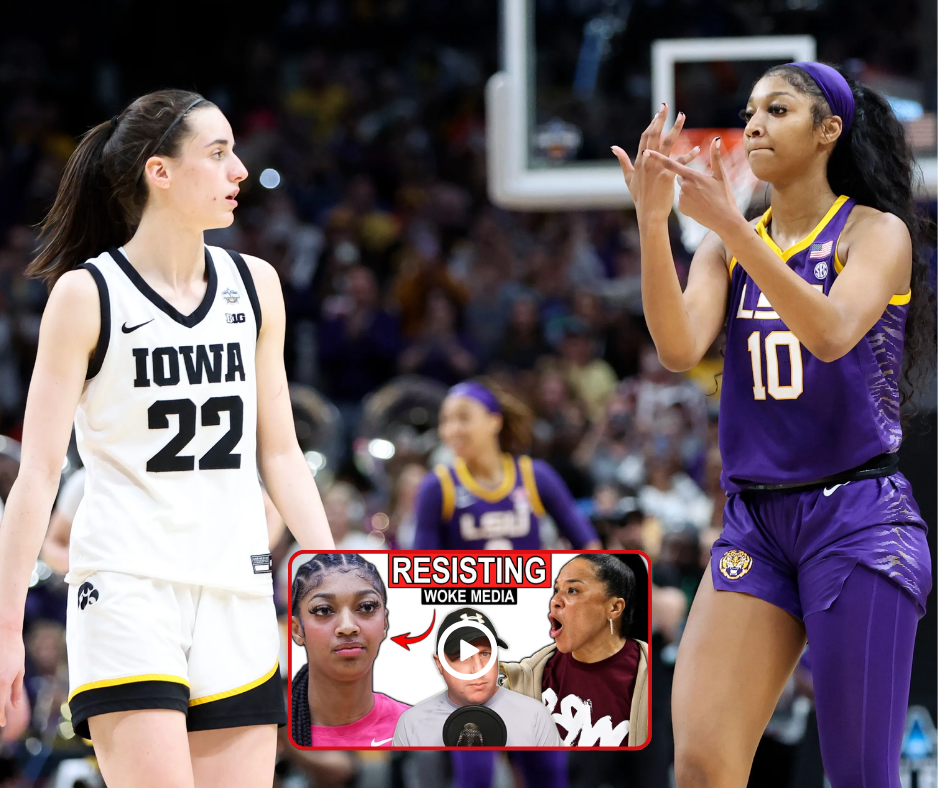
In a recent turn of events, Angel Reese, a prominent figure in women’s basketball, has voiced her concerns regarding the participation of biological men in the sport designated for women. The issue of transgender inclusion in sports has sparked heated debates globally, with arguments revolving around fairness, inclusivity, and the integrity of competition.
Reese, known for her prowess on the court and her advocacy for women’s rights in sports, expressed her reservations during a press conference held after a high-stakes game. “While I fully support inclusivity and diversity in sports, there are inherent physiological differences between biological men and women that cannot be ignored,” Reese stated emphatically.

The debate surrounding transgender participation in sports has gained traction in recent years, with various governing bodies and organizations grappling with the implementation of inclusive policies while maintaining a level playing field. Advocates for inclusion argue that transgender athletes should be afforded the same opportunities as their cisgender counterparts, emphasizing the importance of acceptance and equality in sports.
However, opponents, including Reese, raise valid concerns about the potential advantages that biological men may have in women’s sports due to factors such as muscle mass, bone density, and testosterone levels. These physiological differences can significantly impact performance, potentially skewing the competitive landscape and depriving female athletes of equitable opportunities for success.
Reese’s stance reflects broader sentiments within the women’s sports community, where athletes and advocates are calling for a balanced approach that upholds both inclusivity and fairness. The issue extends beyond individual competitions, touching upon larger societal questions surrounding gender identity, athletic integrity, and the pursuit of excellence in sports.
As discussions continue and policies evolve, it is imperative to consider the perspectives of all stakeholders involved, including athletes like Angel Reese who speak out against the participation of biological men in women’s basketball. Finding common ground that respects the rights and experiences of transgender individuals while safeguarding the principles of fair play and competition remains a complex but necessary endeavor for the future of sports.